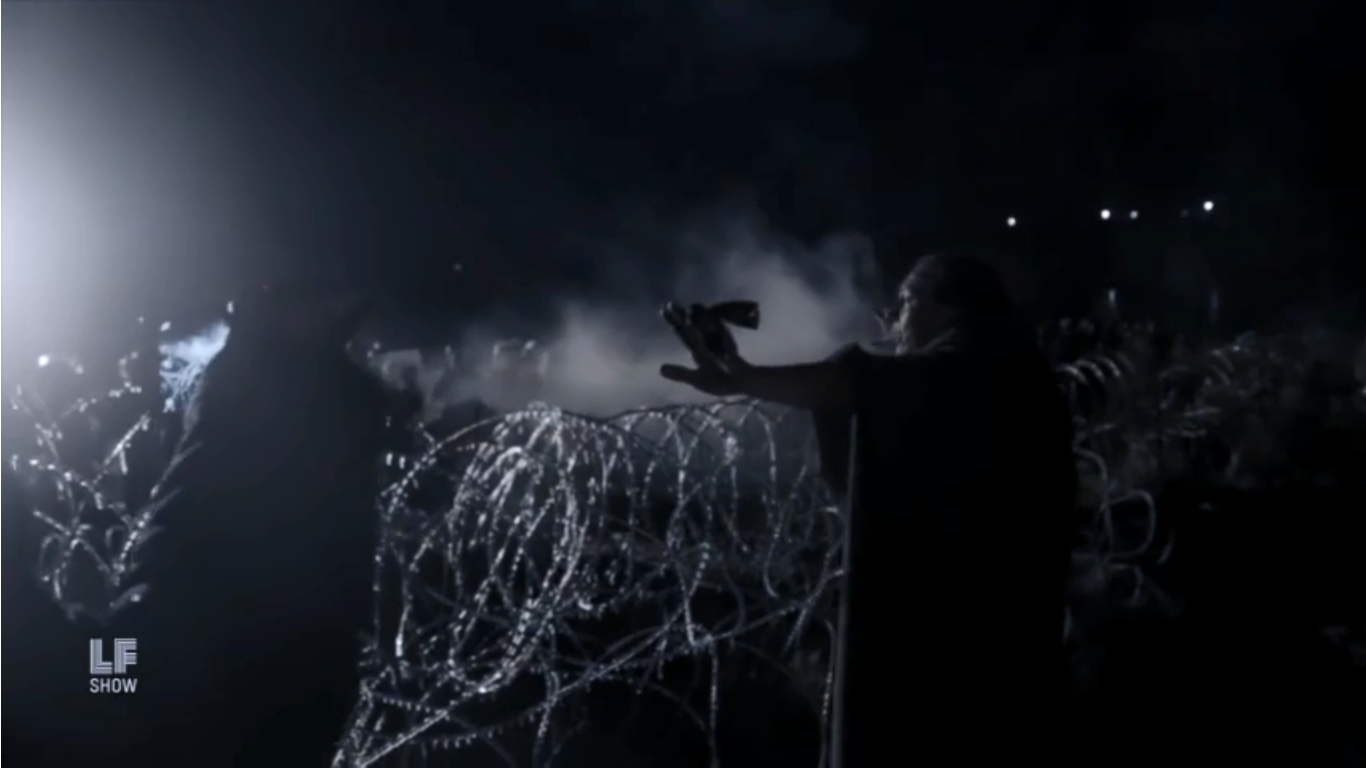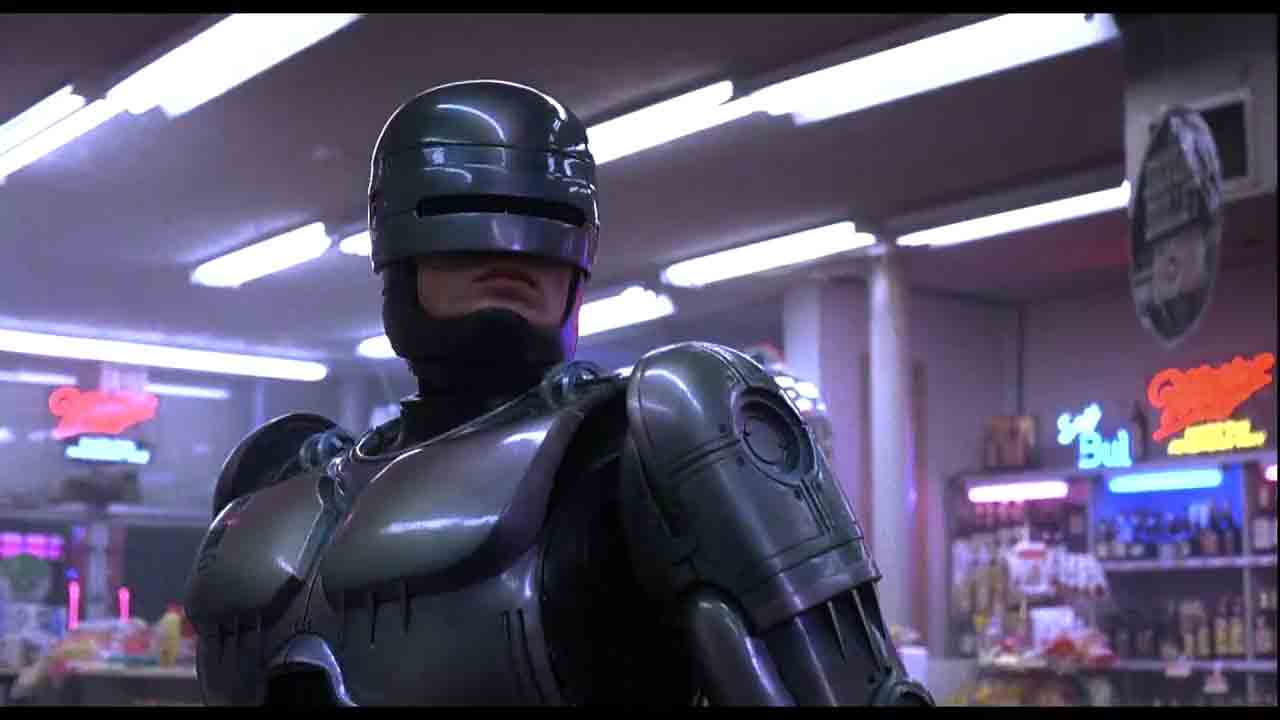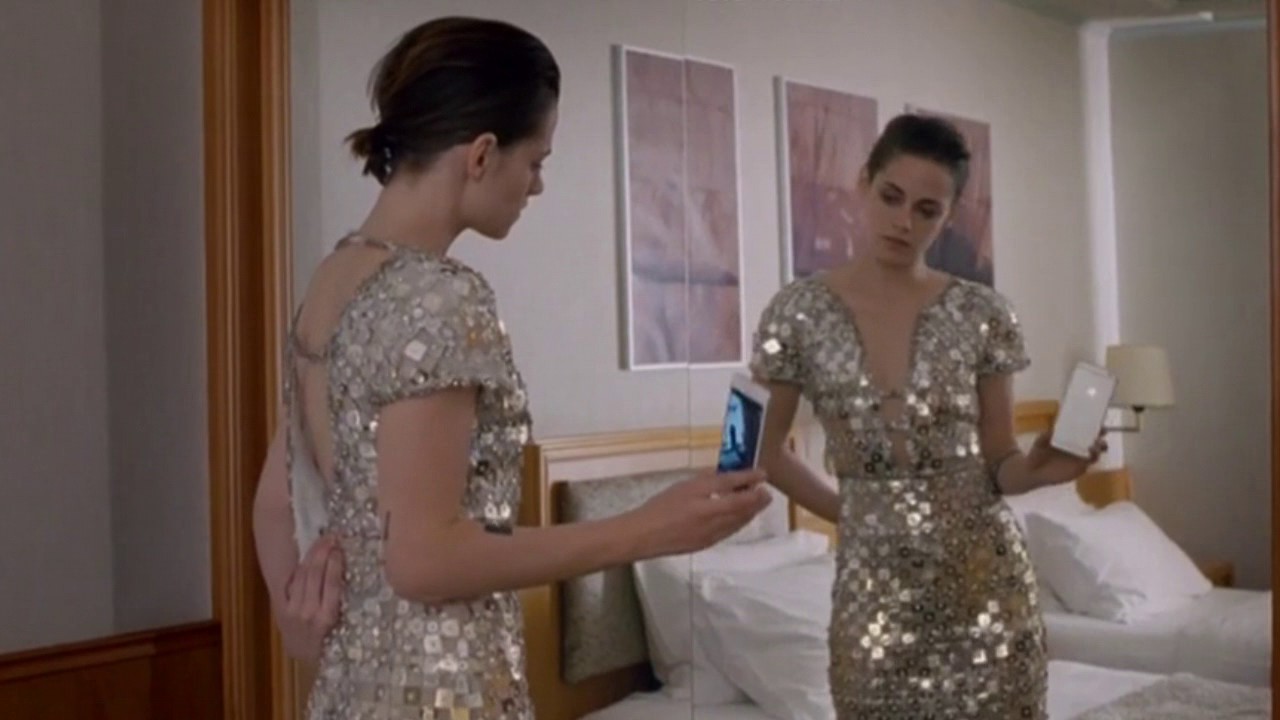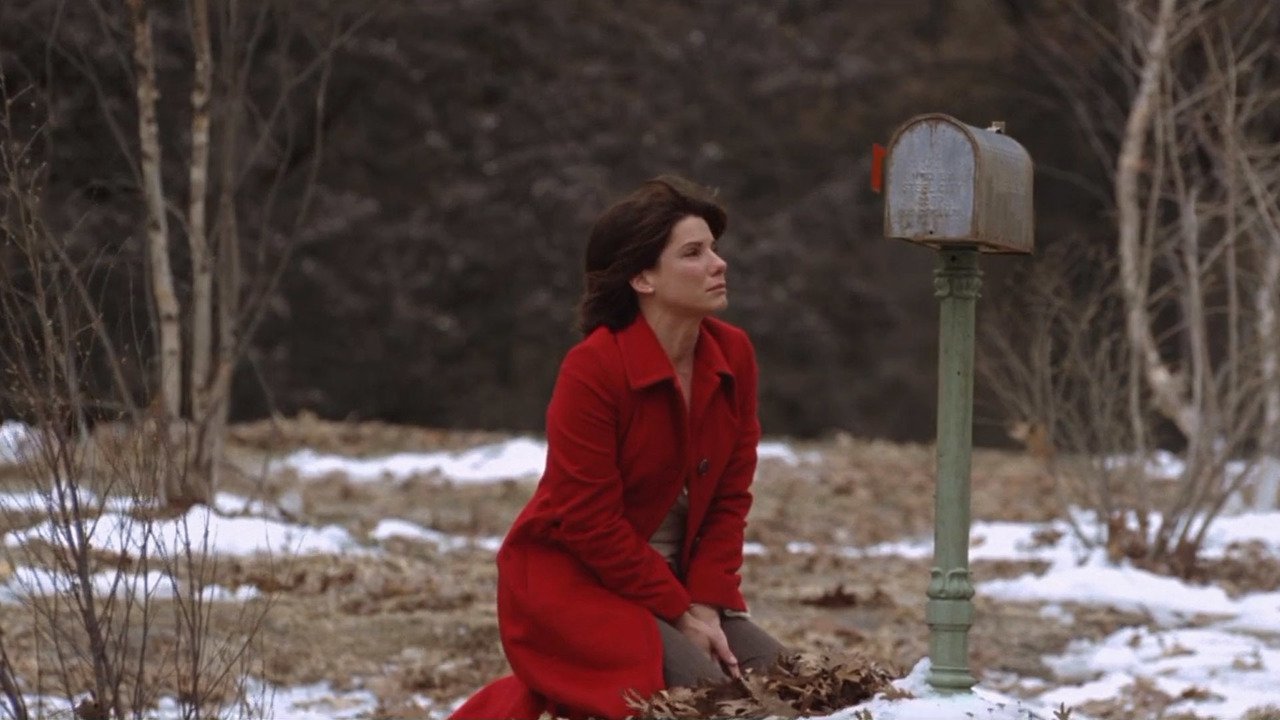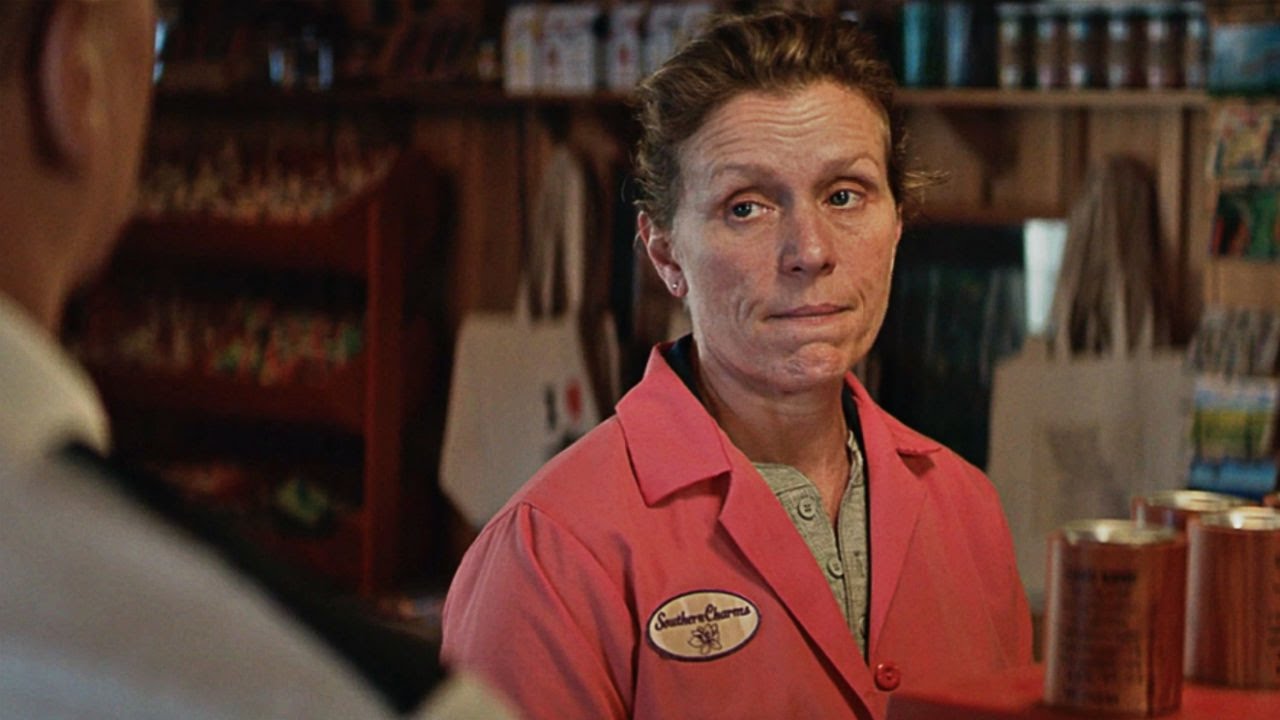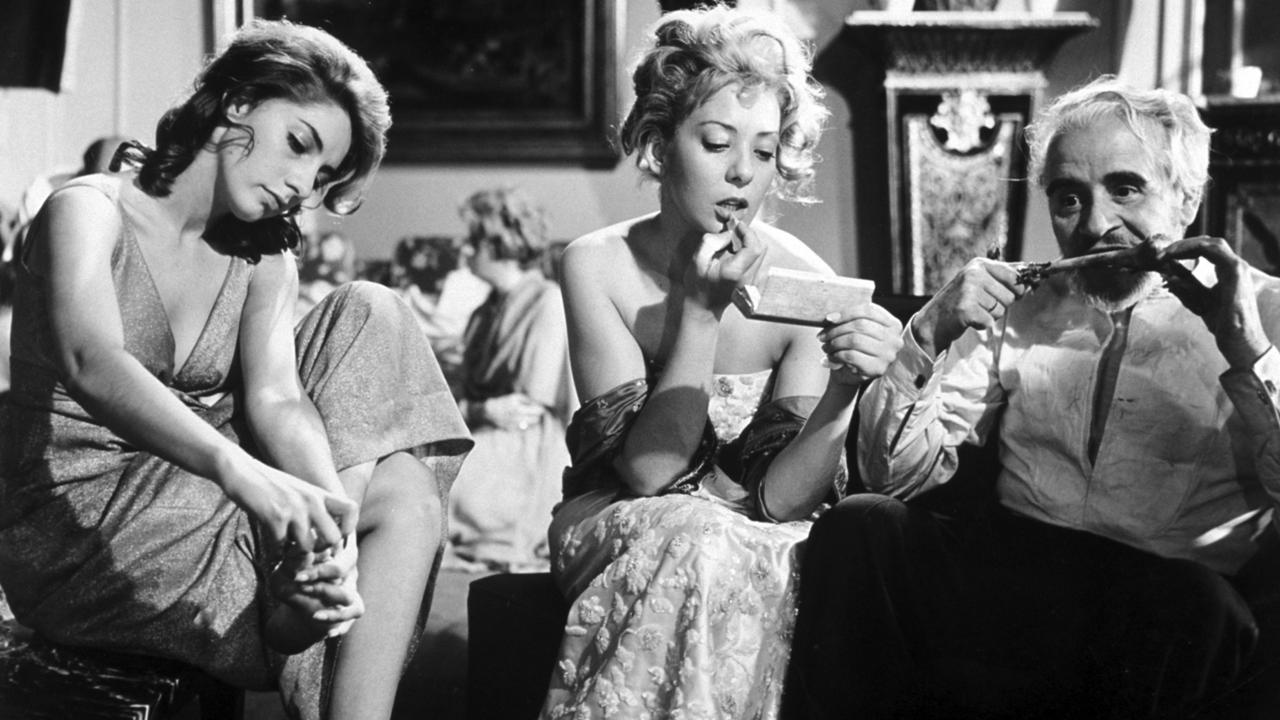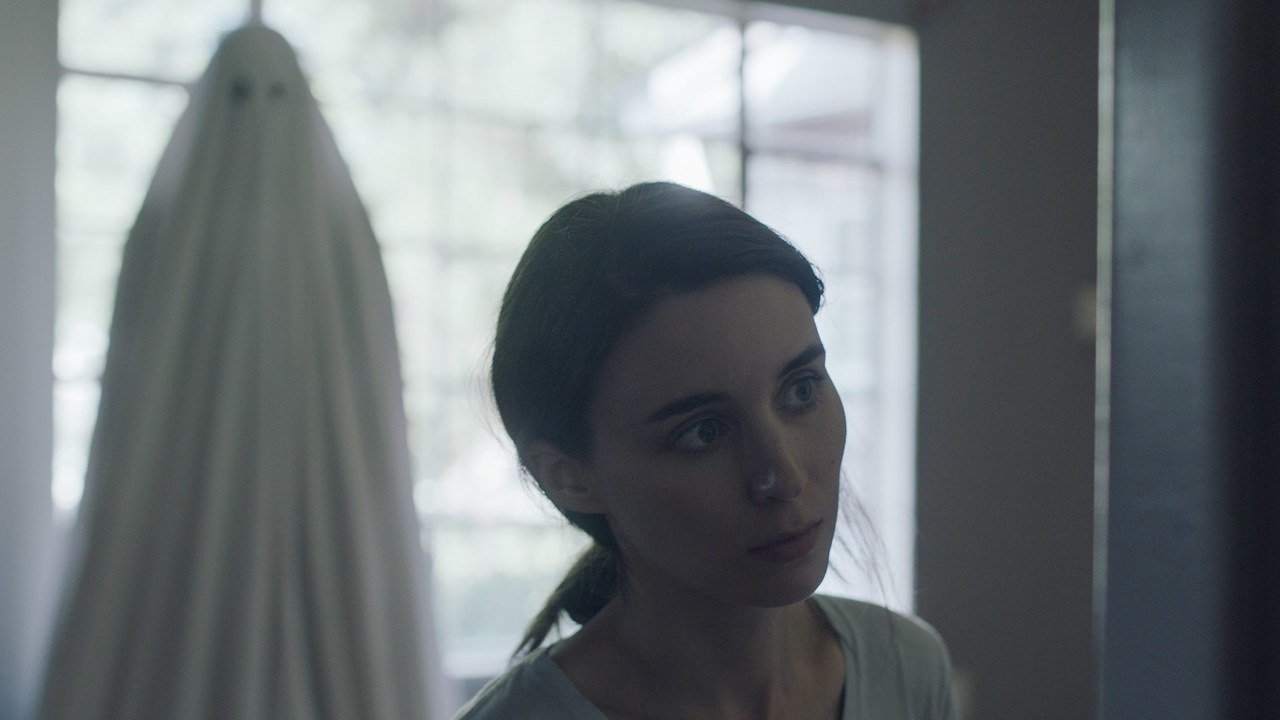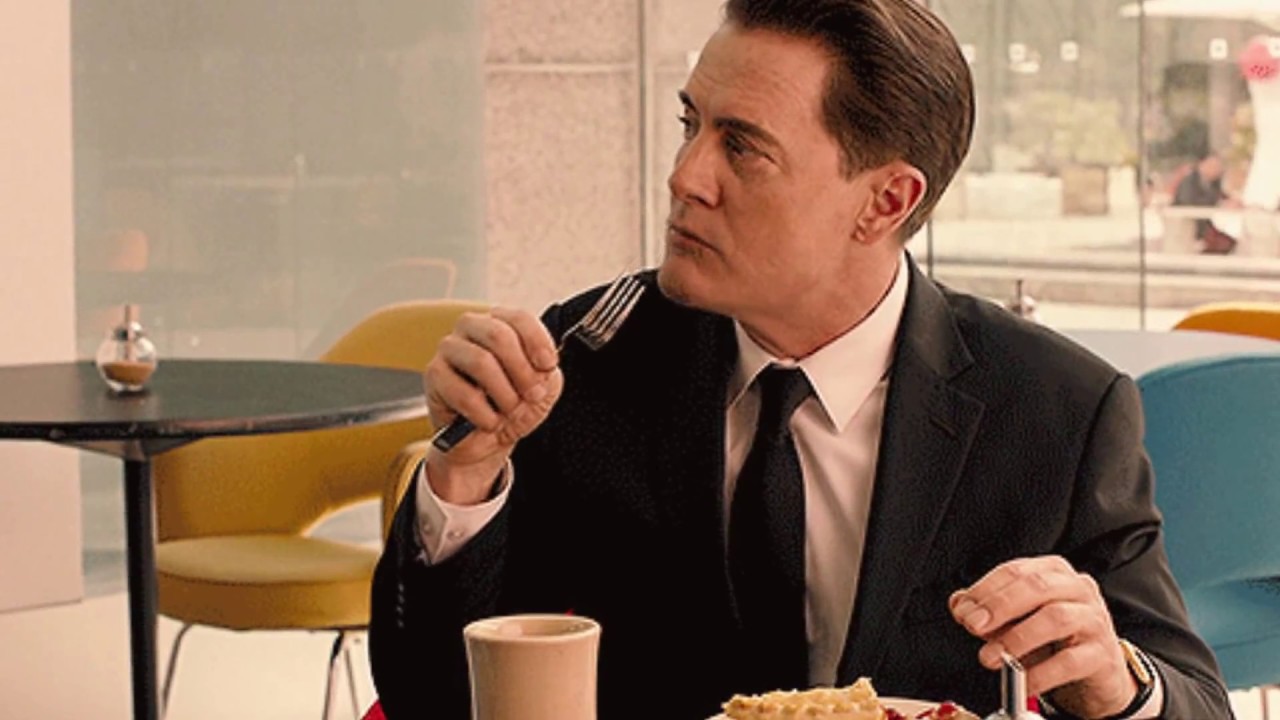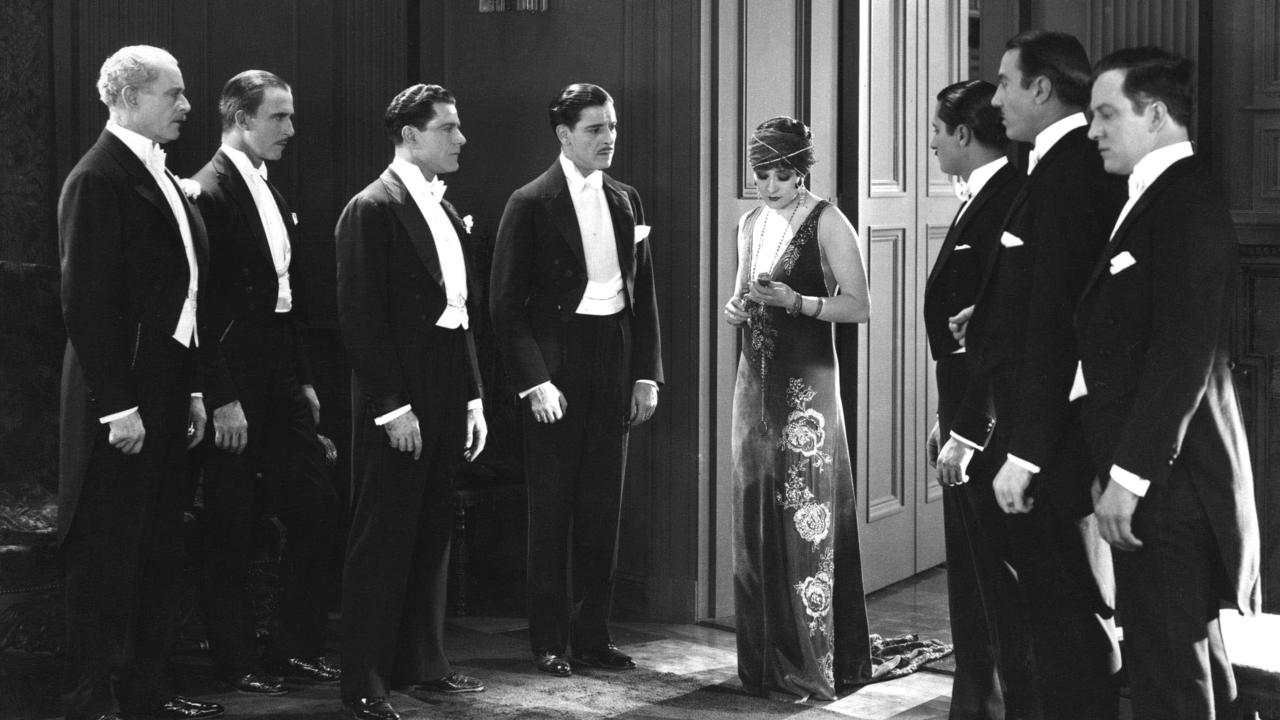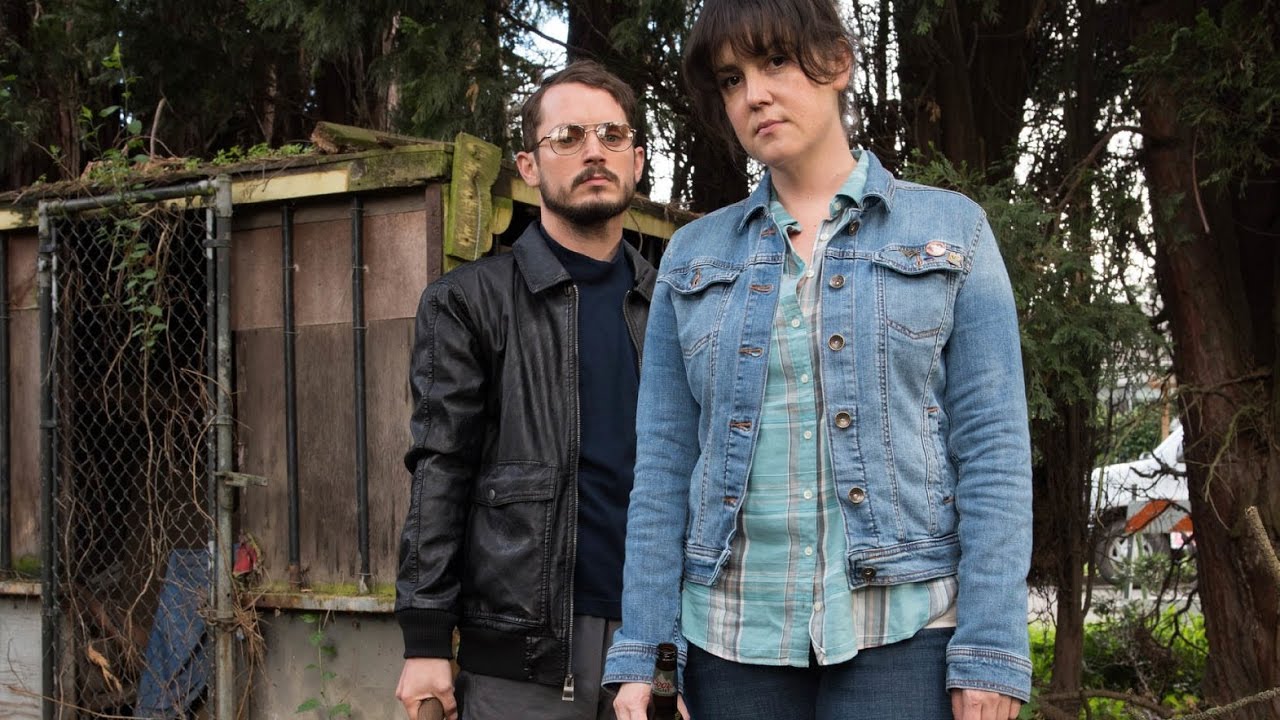There is a recurring image in The Water Protectors of Wakpa Waste — the new documentary about anti-pipeline and extractive energy struggles on the Cheyenne River Sioux Reservation in South Dakota, and the people waging those struggles — that sticks in the mind: small icicles clinging to concertina wire.
Other
RoboCop didn’t predict shit.
I see certain statements come up a lot in pop culture-literate leftist circles — and I am afraid this is going to be a Political Piece, one that assumes shared beliefs (although maybe no more than simply a recognition that something is wrong in the world) — that RoboCop predicted our world today.
Personal Shopper is a film about ghosts. Olivier Assayas says, in a spectacularly moving piece from David Ehrlich, that he thinks all movies are about ghosts:
Especially old movies. People became aware of whatever cinema was in the late ’50s, early ’60s, when the first generation of silent actors were gone, and, all of a sudden, you had these movies that were just full of specters.
The premise of The Lake House — that two lonely singles, Keanu Reeves and Sandra Bullock, can fall in love by sending messages back and forth to one another through the time-travelling mailbox outside the home that they both, on different occasions, owned — opens itself up to two smart-ass questions, or maybe two smart-ass fields of questions.
Martin McDonagh has made one very good film (his 2008 debut In Bruges) and has coasted on this. General affection for that nasty bit of comedic melancholy, along with his stage credentials, has resulted in a pretty striking forgiveness on the part of critics.
It is hard to know exactly how solid Luis Buñuel’s cultural capital is these days. The economy of film’s memory is shifting under our feet, and sometimes to be too well remembered can mean one is already half-forgotten. Luckily, Buñuel has reached that point at which he becomes grist for adaptations, something that always buoys one’s reputation.
There is almost no reason why, on paper, A Ghost Story should work. David Lowery’s fourth feature centers on the ghostiest kind of ghost – the bedsheet-with-eyeholes-cut-out variety. Its aesthetic is characterized by long takes and even longer silences. (At one point, we literally watch paint dry.)
I remember, very distinctly, when I regained a delight in writing about movies. It was around January 2016, and I was in a pretty miserable place. I had left a college I liked for a number of reasons, among them because I was giving up on my film studies plans.
Saturday night marked the return of the annual A Day of Silents program at the Castro, one of the many events the San Francisco Silent Film Festival hosts outside of its weeklong extravaganza in the spring. I was only able to catch the evening double bill – missing out on the very silly-looking The Last Man on Earth, Henry King’s dark pastoral Tol’Able David, the Ivor Novello-starring The Rat, and, saddest of all, Reiniger’s Prince Achmed, one of the earliest entries in the Counter-Programming series — but it was, as usual, delightful.
Macon Blair doesn’t personally show up much in his writing/directing debut I Don’t Feel At Home In This World Anymore. — he has more screen time in The Florida Project, probably — but you can feel his jittery, cold-sweat presence throughout.

